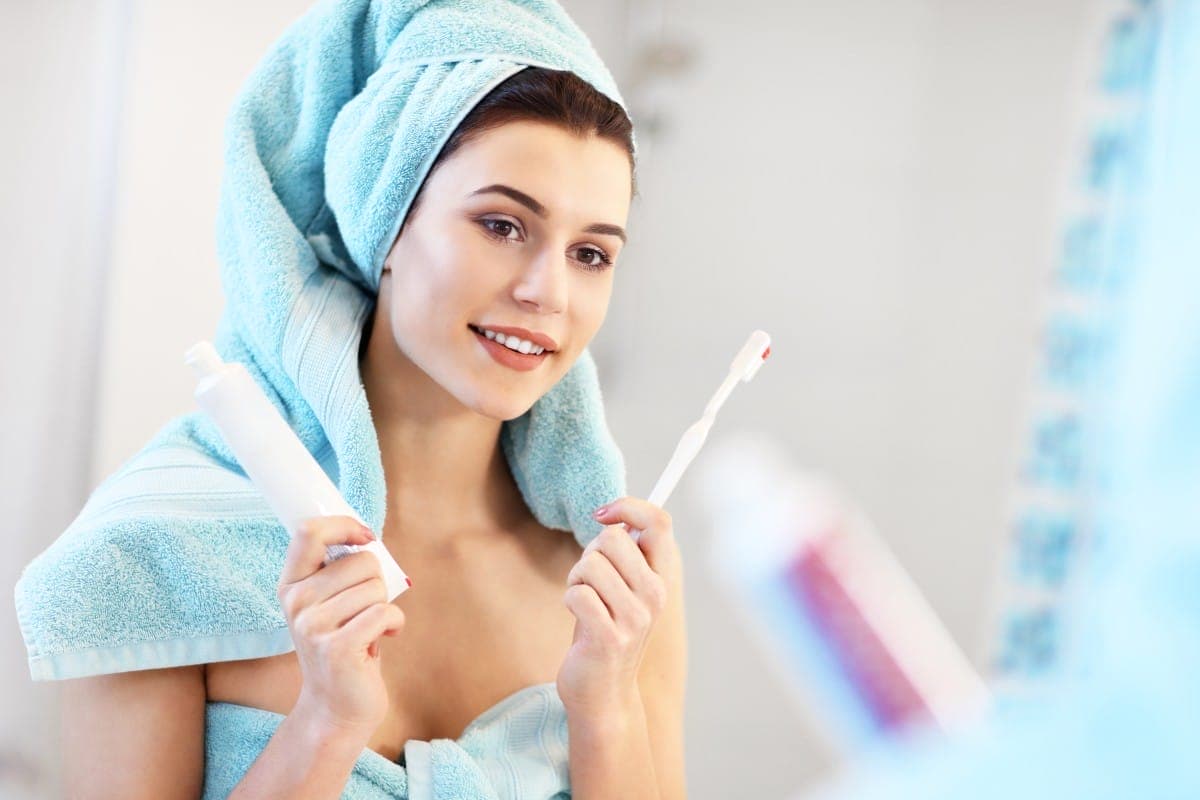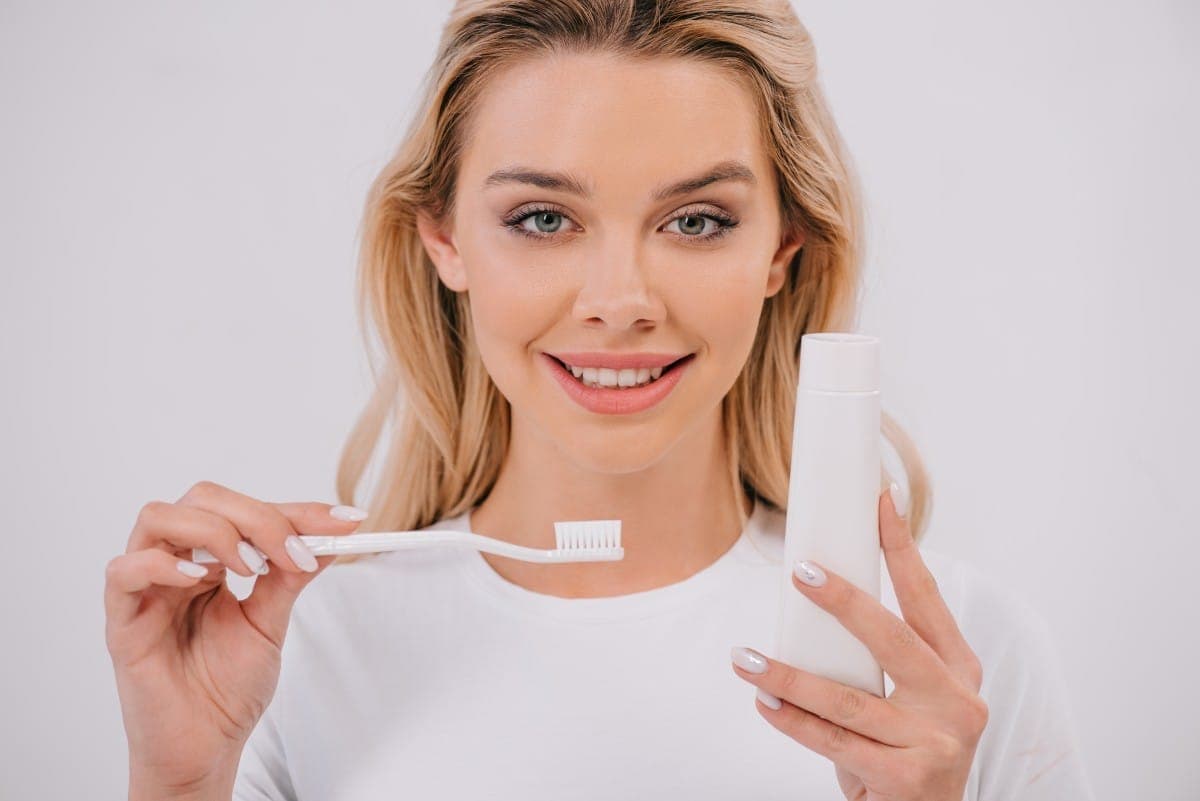If you click on links we provide, we may receive compensation.
In recent years, the connection between skin care and oral health care has become increasingly evident. Both disciplines share a common goal: to promote overall well-being through meticulous care and attention to hygiene. While skin care focuses on maintaining the health and appearance of the skin, oral health care aims to ensure the health of the mouth, teeth, and gums. Interestingly, the principles and routines that govern effective skin care can offer valuable insights into how we approach oral health. This article explores how practices from the world of skin care can inspire and enhance oral health care routines, leading to a healthier and more holistic approach to personal wellness.
The Importance of Routine and Consistency
One of the key lessons from skin care that can be applied to oral health is the importance of routine and consistency. Just as a consistent skin care routine can lead to clearer, healthier skin, a regular oral care routine is crucial for maintaining oral health. The American Dental Association (ADA) recommends brushing teeth twice a day and flossing daily to prevent cavities and gum disease. Similarly, a well-structured skin care routine typically involves cleansing, moisturizing, and protecting the skin from sun damage. These practices, when done consistently, can prevent a range of skin and oral health issues.
In skin care, individuals often follow a morning and evening routine to ensure their skin remains clean and hydrated throughout the day. This same principle can be applied to oral health. Brushing teeth in the morning helps remove plaque that accumulates overnight, while brushing before bed ensures that the mouth is clean before sleep. Additionally, using mouthwash can be compared to applying a toner in skin care; both serve to eliminate any remaining impurities and provide an added layer of protection.
Personalized Care for Individual Needs
Another valuable concept from skin care that can be applied to oral health is the idea of personalized care. In skin care, products and routines are often tailored to specific skin types and concerns, such as acne, dryness, or aging. Similarly, oral health care should be personalized to address individual needs. For instance, someone with sensitive teeth might benefit from a toothpaste formulated to reduce sensitivity, while a person prone to cavities might use a fluoride mouthwash.
Personalized care extends beyond just products. It also involves recognizing and addressing unique lifestyle factors that can impact oral health. For example, individuals who consume a lot of acidic foods and beverages might need to take extra precautions to protect their enamel. This mirrors how people with oily skin might adjust their skin care routine to control excess oil production. By understanding and addressing personal needs, individuals can achieve better results in both skin and oral health.
Preventive Measures and Long-Term Benefits
Preventive measures are a cornerstone of both skin care and oral health care. In skin care, preventive actions such as applying sunscreen daily can protect against premature aging and skin cancer. Similarly, preventive oral health care practices, such as regular dental check-ups and cleanings, can help avoid serious issues like tooth decay and gum disease. The long-term benefits of these preventive measures are significant, leading to healthier skin and teeth over time.

In both fields, the focus on prevention highlights the importance of starting care routines early. Just as dermatologists recommend that individuals begin using anti-aging products in their twenties, dentists advocate for establishing good oral hygiene habits in childhood. Early intervention can set the foundation for a lifetime of healthy skin and teeth. This proactive approach emphasizes the value of investing time and effort into self-care routines to reap long-term rewards.
Ingredients and Their Impact
The ingredients used in skin care products can also inspire choices in oral health care. Many people are now more conscious of the ingredients in their skin care products, opting for those with natural and beneficial components. This awareness can translate to oral health care, where choosing products with effective and safe ingredients is equally important.
For instance, just as hyaluronic acid is known for its hydrating properties in skin care, certain ingredients in oral care products offer specific benefits. Fluoride, for example, is well-known for its ability to strengthen tooth enamel and prevent cavities. Additionally, natural ingredients like baking soda can help whiten teeth, while aloe vera can soothe gum inflammation. By paying attention to the ingredients in both skin and oral care products, individuals can make informed choices that enhance their overall health.
Mindfulness and Self-Care
The practice of mindfulness in skin care routines can also be beneficial when applied to oral health care. Many people find their skin care routine to be a form of self-care, providing a moment of relaxation and mindfulness in their day. This same mindfulness can be brought into oral health care routines, making the experience more enjoyable and effective.
Taking the time to brush and floss mindfully can transform a mundane task into a moment of self-care. By focusing on the sensations and being present during the routine, individuals can ensure they are thorough and attentive. This mindfulness can lead to better technique and, ultimately, better oral health outcomes. Additionally, the practice of self-care reinforces the idea that taking care of one’s health is a priority and a valuable investment in overall well-being.
Innovation and Technology
Advancements in technology have significantly influenced both skin care and oral health care. In skin care, innovations such as at-home LED therapy devices and advanced serums have made high-quality treatments more accessible. Similarly, oral health care has benefited from technological advancements, such as electric toothbrushes and water flossers, which can improve the effectiveness of daily routines.
Electric toothbrushes, for example, often come with features like timers and pressure sensors to ensure optimal brushing. These tools can help individuals brush for the recommended two minutes and avoid applying too much pressure, which can damage gums. Water flossers offer an alternative to traditional flossing, making it easier for people with braces or other dental appliances to maintain oral hygiene. Embracing these technological advancements can enhance both skin and oral health care routines, making them more efficient and effective.

Holistic Health and Wellness
A holistic approach to health and wellness recognizes the interconnectedness of various aspects of health, including skin and oral health. Just as healthy skin can contribute to overall confidence and well-being, a healthy mouth is essential for general health. Poor oral health has been linked to various systemic issues, such as heart disease and diabetes, highlighting the importance of maintaining good oral hygiene.
Similarly, the skin acts as a barrier protecting the body from external threats, and its health can reflect internal conditions. For example, certain skin conditions may indicate underlying health issues, just as oral health can provide clues about overall health. By viewing skin and oral health as integral parts of holistic wellness, individuals can adopt comprehensive self-care routines that support their entire well-being.
Education and Awareness
Education and awareness play crucial roles in both skin care and oral health care. Understanding the importance of these practices and how to perform them correctly can lead to better outcomes. For instance, many people may not realize the impact of diet on both skin and oral health. A diet high in sugar can contribute to acne and cavities, while a balanced diet rich in vitamins and minerals can promote healthy skin and teeth.
Public health campaigns and educational initiatives can raise awareness about the importance of skin and oral health care. Schools, healthcare providers, and community organizations can play pivotal roles in educating individuals from a young age. By fostering a culture of awareness and education, society can encourage healthier habits and ultimately improve public health outcomes.
Shared Challenges and Solutions
Skin care and oral health care share common challenges, such as adherence to routines and overcoming misinformation. Many people struggle with maintaining consistent routines due to busy lifestyles or a lack of motivation. However, finding ways to integrate these routines into daily life can make them more manageable. For example, setting reminders or pairing routines with other habits, like listening to music while brushing teeth, can enhance consistency.
Misinformation is another challenge that affects both fields. Just as myths about skin care can lead to ineffective or harmful practices, misconceptions about oral health can result in poor hygiene habits. Access to accurate information from reliable sources is crucial for making informed decisions. Healthcare professionals, reputable websites, and scientific studies can provide the guidance needed to navigate these challenges effectively.
The Power of Community and Support
Community and support networks can play a significant role in promoting both skin and oral health care. Engaging with others who share similar goals and challenges can provide motivation and accountability. Online communities, social media groups, and local support groups offer platforms for individuals to share tips, experiences, and encouragement.
Additionally, involving family members in skin and oral health routines can foster a supportive environment. Parents can model good habits for their children, and couples can motivate each other to maintain their routines. This sense of community and shared responsibility can make a significant difference in achieving and sustaining healthy habits.
Embracing a Healthier Future
As we continue to recognize the connections between skin care and oral health care, it becomes clear that these practices are not isolated but rather intertwined aspects of overall health. By applying the principles and routines from skin care to oral health care, we can enhance our self-care practices and promote a healthier future. Whether it’s through consistency, personalized care, preventive measures, mindfulness, or embracing technological advancements, the lessons from skin care offer valuable insights that can inspire and transform our approach to oral health. By fostering education, community support, and a holistic view of wellness, we can achieve a balanced and healthful lifestyle that benefits both our skin and oral health.




